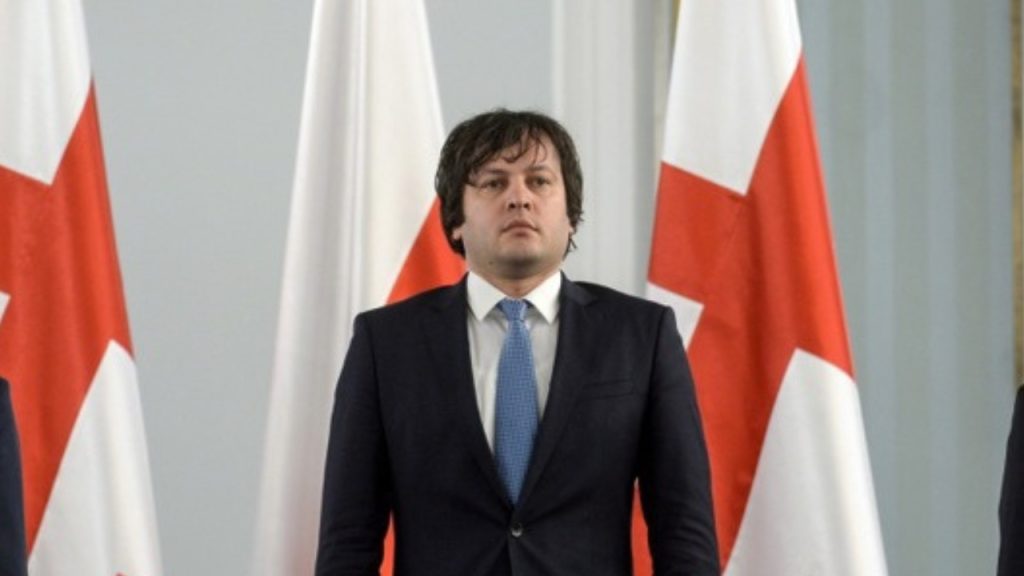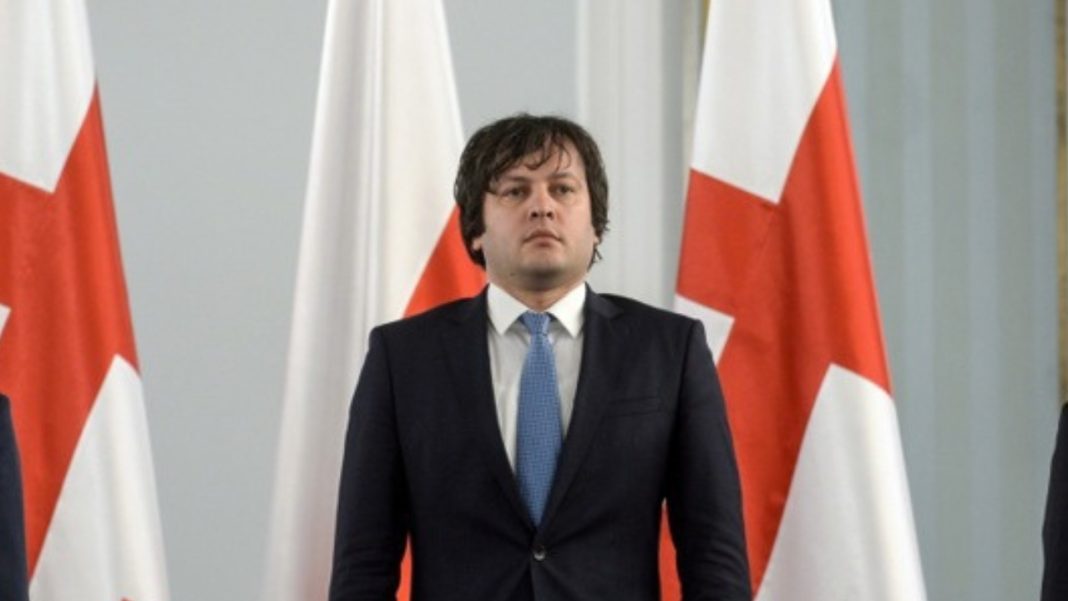Georgian Dream Unveils National Higher Education Reform Concept

The Georgian government, under the leadership of the “Georgian Dream” party, has introduced and published a National Concept for the Reform of the Higher Education System. The initiative was formally presented today by Prime Minister Irakli Kobakhidze. Below is a comprehensive summary of the concept:
Overview
Georgia’s higher education system faces a number of pressing challenges. Despite a long-standing academic tradition and a relatively diverse university landscape, most institutions struggle to provide students with education that meets modern international standards or to equip them with relevant professional skills.
This gap in quality contributes to brain drain, as many young people seek educational opportunities abroad. However, with a clear vision and consistent implementation, it is possible to establish a university system in Georgia that delivers world-class education and prepares students to thrive in both local and global contexts.
Key Challenges in the Current Higher Education System
Excessive Geographical Concentration
Over 85% of university students in Georgia are enrolled in Tbilisi-based institutions, leading to overpopulation in the capital and accelerating youth migration from the regions. Meanwhile, other major cities lack strong academic infrastructure and opportunities. Regional universities are underfunded and lack both modern facilities and competitive academic programs. Arts and sports universities, as well as theological seminaries under the Georgian Orthodox Church, also require more support.
Inefficient Use of Resources and Unequal Quality of Education
Georgia has 19 public and 45 private universities. While all issue state-recognized diplomas, the quality of education varies significantly across institutions. Overlapping faculties within multiple universities in a single city lead to fragmented resources and inefficient staffing. Many public universities cannot attract or retain qualified academic staff. Additionally, some institutions overly prioritize foreign student recruitment, diverting resources away from Georgian students. The division of labor between public and private institutions is also blurred, creating systemic inefficiencies.
Unstructured Human Resource Policies
Although the country has a pool of highly qualified experts, the lack of coherent HR policies prevents their effective integration into academia. Most lecturers work part-time, academic roles lack clear responsibilities, and salaries are uncompetitive. There is no system in place to attract foreign professors in areas where local expertise is lacking.
Weak Integration of Teaching and Research; Lack of Modern Curricula
Academic research at Georgian universities is limited in both scope and quality. There is no strong connection between research institutions and universities. Faculty are not sufficiently involved in curriculum development or in producing academic textbooks. As a result, high-quality teaching materials are lacking even in core disciplines, and opportunities for academic debate and innovation are minimal.
Disconnect Between Higher Education and Labor Market Needs
Student intake quotas are not based on labor market analysis, resulting in a mismatch between graduates’ qualifications and actual market demand.
Flawed Funding Model
The current grant-based financing system does not account for the different financial needs of various faculties and is not aligned with national education policy goals.
Inadequate Infrastructure
Most university facilities—both in Tbilisi and other cities—are outdated and fail to meet contemporary standards. Student housing is often insufficient, expensive, or poor in quality. Campuses rarely support student life in terms of culture, sports, and extracurricular activities.
Reform Objectives and Strategic Directions
Decentralization of the University System
A major objective is the geographic decentralization of higher education. A second major academic hub will be developed in Kutaisi. Meanwhile, the infrastructure of existing Tbilisi universities will be improved with the aim of relieving pressure on the capital and supporting the development of nearby Rustavi.
Tbilisi and Kutaisi will both offer a full range of academic disciplines, including humanities, sciences, law, economics, social sciences, foreign languages, pedagogy, and medicine. Equal access to quality education will be ensured across both cities.
At the same time, five regional universities—in Batumi, Telavi, Akhaltsikhe, Gori, and Zugdidi—will be developed into specialized institutions with strong academic offerings in targeted disciplines, with a particular focus on agriculture and education. The government also plans to strengthen arts and sports universities in Tbilisi and increase support for theological seminaries.
Resource Optimization and Standardization of Education Quality
To address resource fragmentation, a “one city – one faculty” model will be implemented in state universities. Faculties will be consolidated based on the historical profiles of institutions. This will allow for more efficient use of infrastructure and academic staff.
Foreign students will be admitted only in legally defined exceptional cases. A new 3+1 model will be introduced (three years for undergraduate studies and one year for master’s programs), except in fields where longer study is justified. Curriculum design and quality assurance systems will be overhauled to align with this new structure.
Reform of Academic Staffing Policies
A comprehensive overhaul of HR policies will ensure that full-time professors form the core academic staff and lead both teaching and research in each faculty. They will be supported by associate professors and assistant professors—all full-time—whose numbers and salaries will be significantly increased. Other instructors will work on flexible, contract-based terms. Foreign faculty will be brought in for disciplines where local expertise is lacking.
Stronger Integration Between Teaching and Research
Research institutions will be more tightly integrated into the university system. A new research funding model will be introduced to support academic research and expand scholarly dialogue. Modern, standardized textbooks will be developed for both core and elective courses, led by full-time faculty.
Labor Market Alignment
In partnership with the private sector, the government will conduct an in-depth analysis of labor market needs. This data will inform state-funded quotas for university programs.
New Funding Model
The grant-based financing system will be replaced with a state-order model, where each university receives funding based on national educational priorities. Allocation of funds will take into account the actual cost per student in different fields.
Infrastructure Development
Brand-new university campuses will be developed in both Tbilisi and Kutaisi, featuring academic and research facilities, student centers, sports and cultural venues, and affordable, high-quality dormitories. Regional universities will also undergo significant infrastructure upgrades.
















